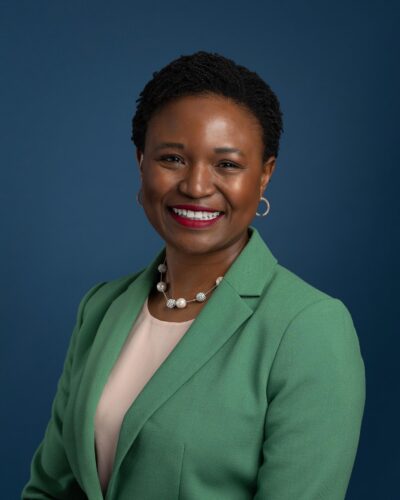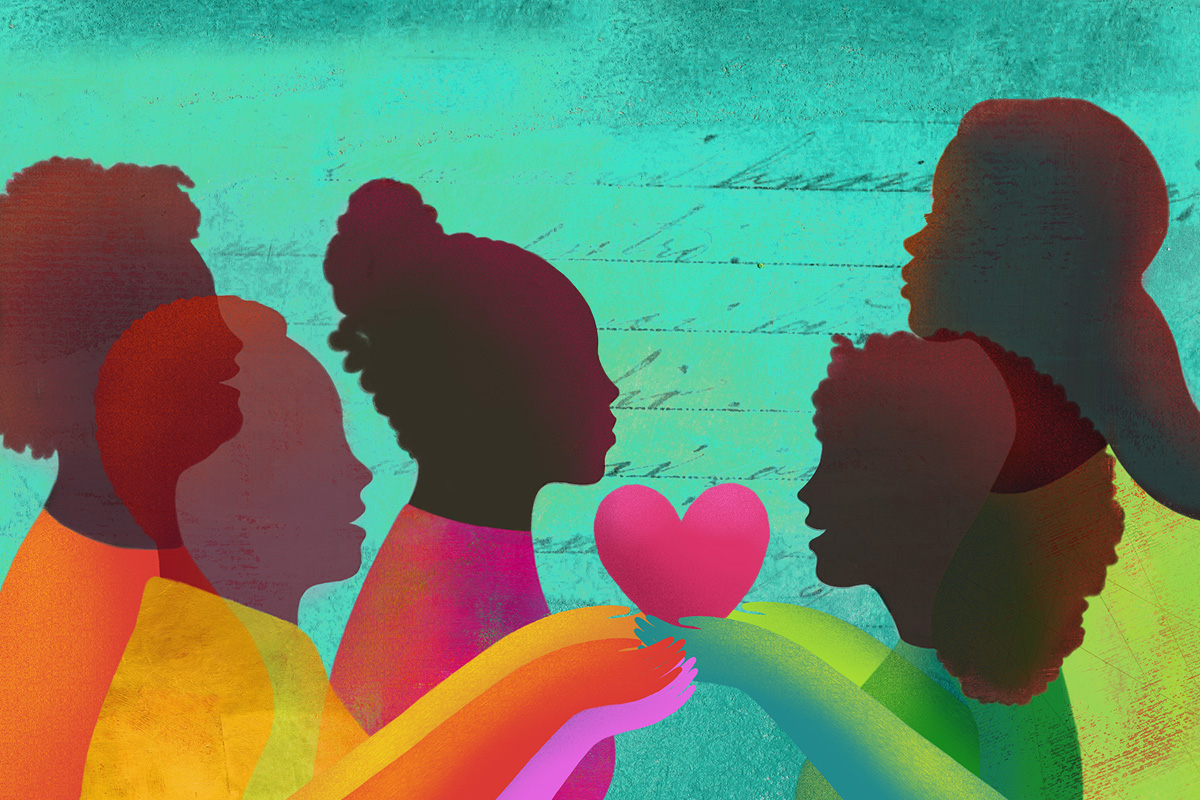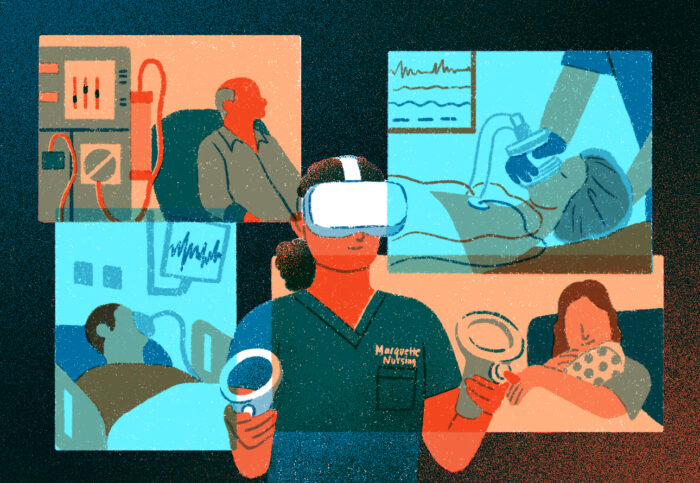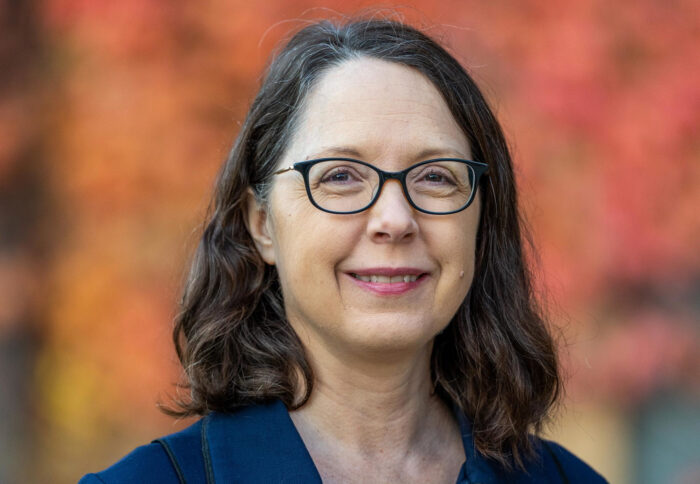Cardiovascular disease and cancer are the leading causes of death for Black women in the United States. Solutions often consist of a standard list of recommendations, such as increasing physical activity, adopting healthier eating habits, taking medication and reducing stress.

Dr. Abiola Keller, assistant professor in the College of Nursing, recognizes that for many Black women, there’s little time and mental space to make those lifestyle changes. For Black women providing care for others, there’s an extra layer of stress as they spend hours caring for loved ones with health conditions.
“When I first started working in communities around promoting and protecting the health of African American women, especially caregivers, what the community reflected back was that they wanted a way for women to tell their stories,” Keller says. “It’s important as a part of a healing process, but also because when women are in that caregiver role, they can feel isolated. The ability to share their stories helps to build community.”
In January, Keller received a $50,000 grant from The Rita and Alex Hillman Foundation to launch a digital storytelling project to empower and support Black women who are caregivers in their journey to make healthier choices for themselves, with the goal of reducing their risk of cardiovascular disease and cancer. The project also has support from a Marquette University Institute for Women’s Leadership mini-grant and the College of Nursing’s Wallace Impact Fund.
“It’s hard to even begin talking about health behaviors with caregivers because everyone is focused on the care recipient,” Keller says. “And especially in Black communities, women are central to families. If a woman isn’t able to care for herself, how could she care for the care recipient, her children, her grandchildren and her community? It’s twofold as to why we do this work.”
Keller’s team includes Dr. Kristin Haglund, professor of nursing at Marquette, and Dr. Aline Gubrium, professor of community health education at the University of Massachusetts Amherst. Two undergraduate team members, Milwaukee natives Bethani Bell and Dani Hart, provide technical support and help with data collection.
“When I first started working in communities around promoting and protecting the health of African American women, especially caregivers, what the community reflected back was that they wanted a way for women to tell their stories.”
Dr. Abiola Keller
The grant is funding three cohorts of about 10 participants recruited through community partnerships. In each session, caregivers create a video about themselves, using a process developed by California-based StoryCenter. Two StoryCenter facilitators join the sessions virtually, while the caregivers interact in person with one another and with the Marquette researchers. During the story circles, women discuss ideas and get technical help developing their stories, before sharing the finished product during the final meeting.
Facilitators can offer prompts for women struggling to find a topic (“Talk about a time you did something to take care of your body”), but for all participants, one point is clear: This is a story about you.
“I know some people might wonder why would this matter,” Keller says. “For the women we’ve worked with, the capacity to have the time and emphasis on self is really important.”
The first cohort concluded in early May. The women were interviewed before the program about their health behaviors, and again after the program ended. Keller says most express a sense of accomplishment and pride in the work they’ve done, which she hopes translates to increased confidence for making longer-term health improvements.
With digital storytelling, the project aims to bring women into a sense of community with other caregivers, while empowering them with feelings of mastery and autonomy, says Keller. “Research shows that when people have autonomy, they’re more likely to make and sustain behavioral changes. Asking people to make lifestyle changes can seem insurmountable when they’re dealing with so many other stressors. “But if you have the experience of doing something that once seemed out of reach,” Keller says, “you start thinking, ‘Perhaps I can do this too.’”




